Learn to recognize the warning signs and prevent overtraining.
By: Dan Welden
When it comes to fitness, most of us want fast results. However, if I may compare fitness to finance, getting in shape should be viewed as a long-term investment with small payouts over time. You may be spending more time at the gym, pushing yourself beyond the max and not allowing rest days in fear of losing gains. In fact, these ambitious training efforts can often lead to loss of muscle mass and strength due to overtraining and not allowing your muscles to properly recover. How do you know if you’ve been overtraining? Here are five warning signs:
1. Loss of strength: You’re unable to lift as much as you could before.
2. Mood swings: You’re irritable—well, more irritable than normal—or highly emotional.
3. Insomnia: You find it difficult to sleep.
4. Plateau: You’re not seeing any gains in strength or size.
5. Persistent muscle soreness: Your muscles are constantly sore, and you may even be experiencing some joint pain.
If you think you’ve been overtraining, start the healing process with three or four relaxing days off—and maybe a visit to the doctor for a check-up. There are also things you can do to help prevent overtraining in the future.
First, change up your routine every month or two. People can get too comfortable, simply stacking on additional sets that result in unnecessary additional time at the gym. Not only is it possibly ineffective, that extra set could be causing you problems. Changing things up means you will want to create an entirely new plan. Consider switching between high rep/low weight and low rep/high weight, or switch it up with TRX and kettlebells.
Limit your workouts to around an hour and make them more efficient. Unless you’re training for some sort of competition, there’s no need to train for hours on end. A superset, which is basically two exercises stacked back-to-back, is a great way to save time and get a killer workout. I recommend supersets that utilize different muscle groups like bench press and mountain climbers.
Be sure to get plenty of sleep, because that’s when your body repairs damage, which is crucial for muscle development. Nutrition is also key. If your body isn’t getting adequate nutrients to replace those that have been depleted, it won’t have the power to repair and grow. Just as a car’s engine will give out if you don’t change the oil, your body will fail if you don’t supply it with the appropriate fuel.
So instead of overdoing it, do it right.

